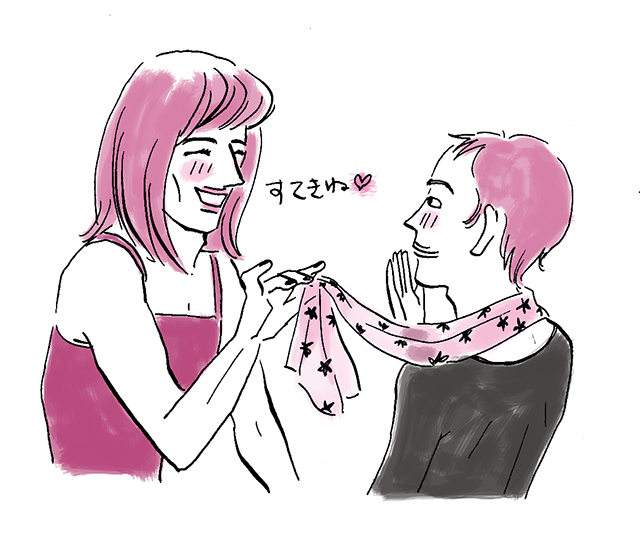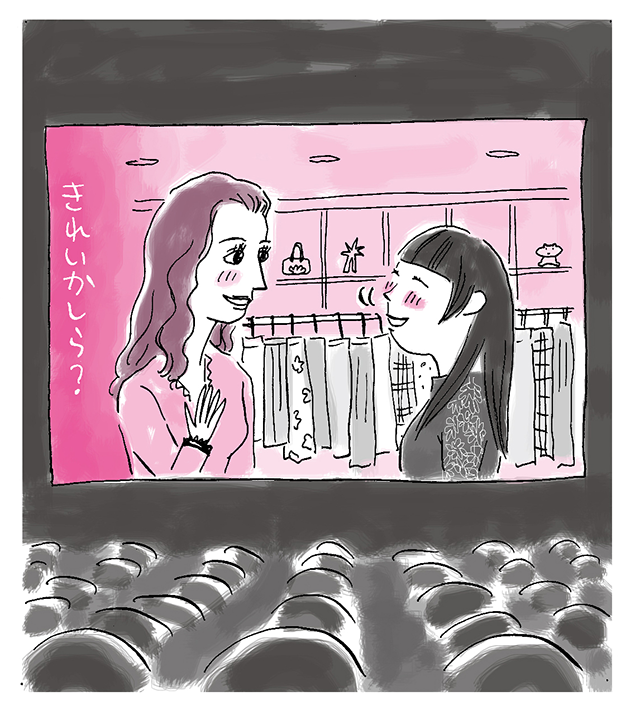“Feminine Expressions” that Women do not Use

Someone said, “Kore, ii wane” (This is nice). Can you tell who said this? Was it a man or a woman? Japanese can easily tell that this is a woman. Attached to the endings of sentences, words like “wa,” “dawa,” “yone,” “none,” “kashira” are generally regarded as being “female expressions. For instance, when using “kirei,” men generally add the following words to the end of sentences. “Kirei da.” “Kirei dayo.” “Kirei kana.”

It is said that women add the following words. “Kirei dawa.” “Kirei yone.” “Kirei kashira.” However, in real conversation, few women add these words. These expressions are used to emphasize the feminine gender of women mainly in novels and such. It is said these feminine expressions are especially used by translators of foreign movies and novels. At present, men and women express themselves similarly. However, there are words like “ore” and “boku” that only men use to express themselves with. Conversely, there are words like “atashi” that only women use to express themselves with.
There are also words like “suteki” that few men use. Gay men like to use so called feminine words like “Suteki yo” and “Suteki ne.” These kinds of expressions used by gay men are called “onee language.”
